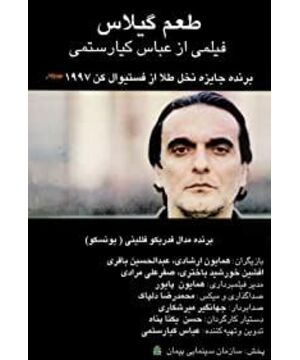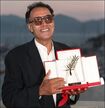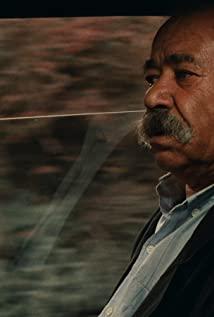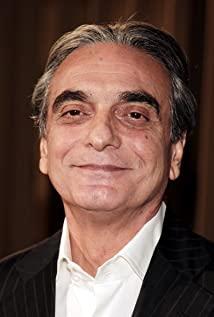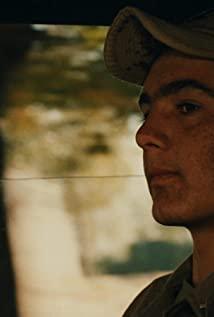I think he is right. Take this movie as an example, I couldn't stop watching it from the very beginning. Although it is the simplest scene, the simplest plot, I really want to know who will help him die, and also want to know what makes him want to end his own life.
However, by the end of the film, I didn't get an answer, and I wasn't disappointed, isn't it amazing?
Perhaps, this is because, everything I can think of has been found on the road from the dusty construction site to the moving pictures of the world on the platform of the National Museum.
No one can tell you the meaning of life, and no one can force you to love her. Even the taste of cherries is sweet in your mouth but sour to me. Because we all see the world with our own eyes.
Even though, anatomically, our retinas function the same and our hearts all function to direct blood flow, we still have different souls. It is this that makes the students of the seminary leave their hometowns to work and study in Tehran, while the Afghans live ordinary and monotonous lives by guarding the machines on the construction site.
So there is nothing inherently wrong with the protagonist's pursuit of death.
Originally, I thought that Abbas would let the protagonist Buddy say some speculative words to explain his views on death and survival. However, in the film, he just goes to the trouble of telling everyone he asks for help, how to use the A little time to help a world-weary who wants to bury his bones in a barren hill, and get his own reward.
But at the end of the film, when Buddy was lying in the cave, looking at the eternal ghost of the sky that was about to come, showing a different calm expression than when he appeared, I understood that the ending was no longer important.
From life to death, it is the law of nature.
From death to life, it is the brilliance of human nature.
View more about Taste of Cherry reviews


